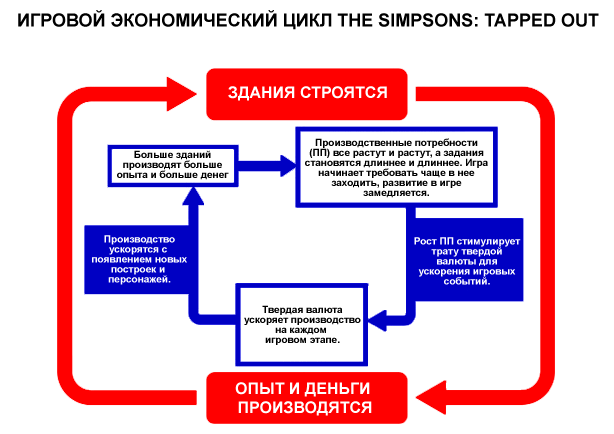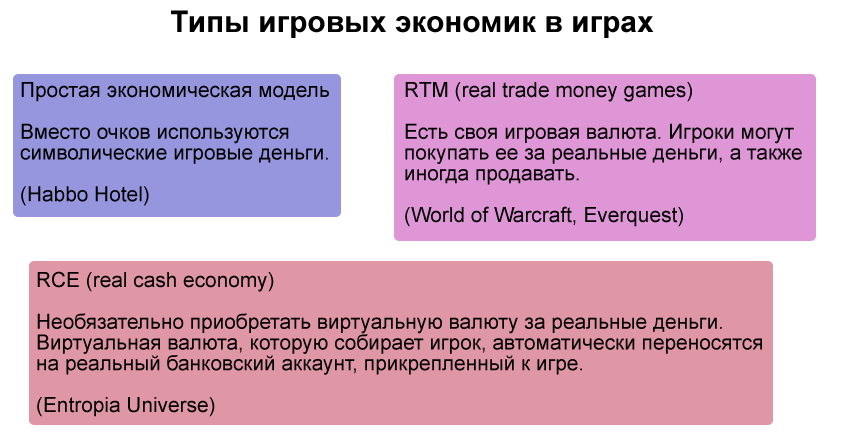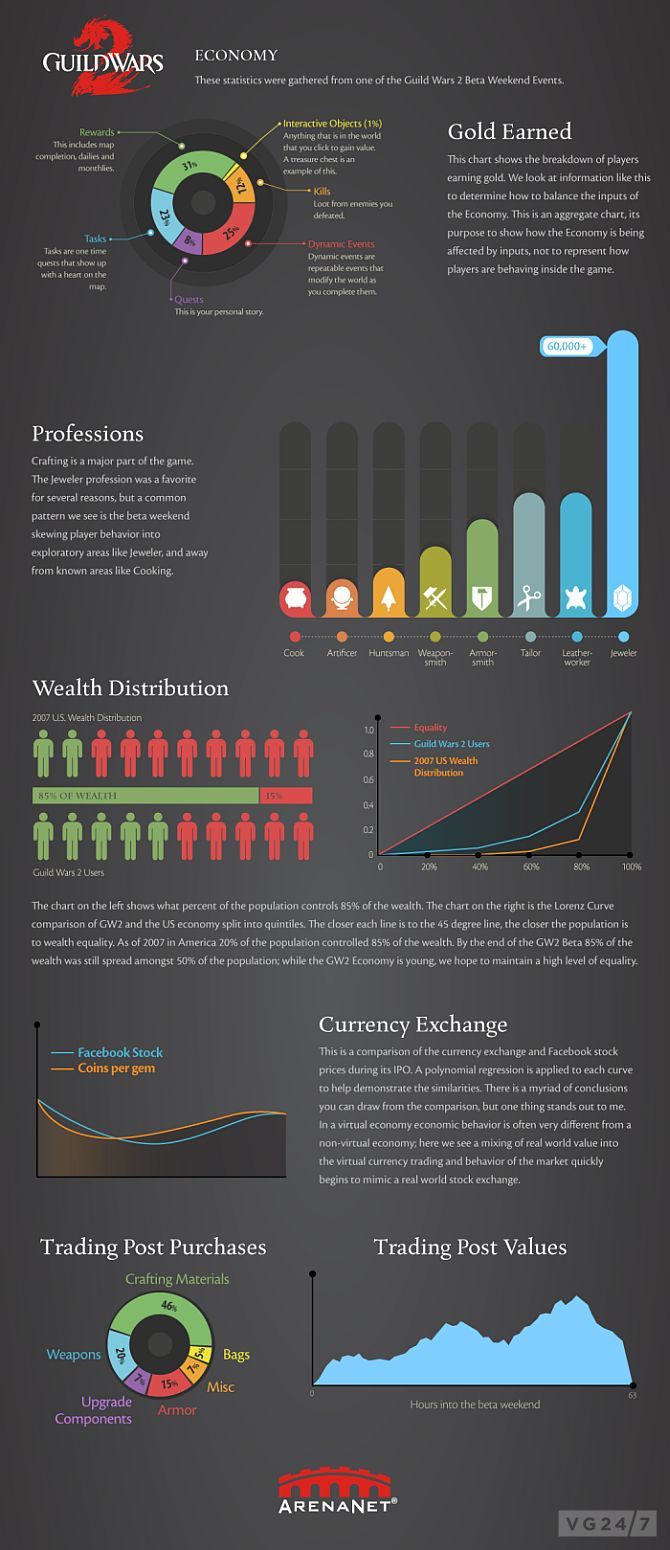MMORPG Economic Research: A Brief Overview

With a slight delay, we are publishing the long-promised translation of Anders Drachen's article on academic research on gaming economies.
Over the past few years, serious scientists (those who sit at Universities and do science) have published a large number of research papers related to economies in MMORPGs. In this article, we will quickly go through the most interesting research papers.
The virtual economy is a very important component of modern games. And this statement is true not only for MMO projects. Economics is a key component in the design and management of free–to-play games. Moreover, it can be said that games have an economy since the appearance of the first NPC selling items to the player. Although, if desired, the beginning of the game economy can be called the moment of the appearance of game bonuses.
Anyway, when we talk about the virtual economy in the context of game analytics, we usually talk about free-to-play games. But the most complex virtual economies are found in MMORPGs. Over the twenty years of their existence, they have become really complex.
Editor's note: it may seem that there is a contradiction in the text here, but this is not so, because not all MMORPG games are free-to-play, but all MMORPGs have a complex economy.
In terms of complexity, virtual economies can differ significantly from each other. There is a Candy Crush Saga with an economy in which players can only buy boosters. But this is a very simple economy in which the boosters purchased do not affect other players.
Editor's note: in fact, they influence, but indirectly. You bought a booster, you earned more points. To beat a friend in points, you also need to buy a booster.
In similar (and slightly more complex casual projects) free-to-play games, it is customary to talk about game cycles. They describe the production chain and resource consumption in the game with an emphasis on the interaction of soft and hard currencies with each other.

The Simpsons: Tapped Out viral economy game cycle is typical for time managers. Real money is used to accelerate the reproduction of a soft currency. The production of soft currency over time leads to a constant shortage of resources, which ultimately forces the player to pay more and more. A huge number of items are required to maximize production capabilities, and each resource has its own "built-in sink". The system is designed to constantly need hard currency (source).
Game cycles also work within the framework of traditional role-playing games, like Baldur's Gate or The Witcher, only they are arranged somewhat differently. They are self-sufficient. As you progress through such projects, the player earns something. What he earns, he spends on improving items or characters. Improved it? You can continue playing the game.
On the opposite edge of the site from Candy Crush, there are most commercial, subscription or free-to-play MMOs that operate a complex multi-level economic system containing several currencies and trading systems that allow players to spend their time and money in many ways.
It is not possible to squeeze the economics of most modern MMOs into the framework of the game cycle. Complex virtual economies combined with social and combat mechanics form the essence of MMO. Virtual economies also serve as monetization mechanisms in many similar games, increasing the need for a balanced system that works correctly for all stakeholders (and not least for the players).
What is the virtual economy?
Isaac Knowles and Edward Castronova defined the virtual economy as a set of currencies, goods and services that can be collected, used and sold in the virtual world. This usually includes the ability of users to produce these goods, as well as a market where these goods can be sold.

Three types of Virtual Economies of online games (source)
Trade is a basic component of MMO economies. Trading (the exchange of in-game items between players) is limited by the rules approved by the game company and, as a rule, is carried out in strictly defined places, such as markets. Trading systems can take the form of in-game auctions. The main difference between game auctions and real ones is that it is more difficult to cheat in the first one.

The infographic above shows the difference in performance between game and real economic indicators. Pay attention to the large number of sources of earnings that exist in modern MMO games (source)
Research on virtual economies
In the gaming industry, MMO developers have followed in the footsteps of professional economists (and here) in order to create and set up virtual economies and avoid possible loss of control over them.
Interest in virtual economies has also emerged in the scientific field, but for a different reason. If the industry looks at virtual economies from the point of view of monetization and the desire to please the user, then for scientists virtual economies are an excellent experimental field for studying human behavior. Here they can test, develop and disassemble any existing economic theories.
Such studies sometimes lead to interesting results. For example, during them it is possible to discover how the economic processes taking place in the real world are copied by virtual economies.
However, one of the first constructive works devoted to the functioning of auction works and virtual economies was a study written far from university walls. It was published by Simpson about Ultima Online. He described a system in which hundreds of items were constantly traded through an in-game auction. He also spoke about the macroeconomic level initially built into the UO to stimulate the existing economic flow.
Editor's note: the English version uses the concept of economic flow. As far as we understand, it is not sustainable. As a rule, it refers to the circular flow of income or simply circular flow. Here we are already talking about the circulation of income, which is understood as "the process of movement of money and goods between various economic entities." When visualizing the circuit, as a rule, a scheme is obtained that is very similar to the game cycle in modern "simple" free-2-play games.
Whether the global laws of economic behavior in virtual worlds are valid is an open question.
One of the main researchers of virtual economies, Edward Castronova, is confident that the integration of real economic theories into games should be adjusted for the macroeconomic laws of the constructed virtual world.
Two other noteworthy studies focus on macroeconomic behavior in virtual worlds. Morrison and Fontenla, having studied the economic behavior of gaming communities on eight World of Warcraft servers, found out that there was a price convergence between all of them. Lohdonvirta used virtual item sales records to identify attributes that guide users when making decisions about purchasing an object in virtual worlds.
In relation to the virtual world, whose parameters differ from those in the real world, Dr. Williams reported that the characteristics of gaming populations in a number of parameters, including gender, race and age, in games are the opposite of those observed in the real world. In another paper conducted by Szell and Thurner, it is mentioned that, despite the fact that there is some evidence that gaming communities can mimic existing ones in the real world, to a greater extent, it remains unclear how social communities affect in-game economies.
Sony Online Entertainment began sharing data from EverQuest II with a team of American researchers several years ago, which led to dozens of publications. The work from Virtual Worlds Observatory includes user behavior analysis, user profiling techniques, social network analysis, activity analysis, and so on.
At the same time, some game industry economists are critical of academic research. For example, Varouakis noted that researchers often try to prove the validity of their own prejudices about virtual worlds in their works, rather than extract new knowledge. At the same time, serious research into game design was supported by Castronova, who stated that "code is law." The phrase means something like this: the macroeconomic situation in virtual worlds is explained by the design structure. Based on it, the economy of the game will develop.
Editor's note: summarizing the above, with the array of data that gaming companies have in their hands, it is possible not only to find out at what point it is better to put an advertising banner. The field for experiments is very large. Have you tried to conduct research on your audience not from a marketing point of view?
The original: http://blog.gameanalytics.com/blog/economic-research-mmorpgs-quick-overview.html